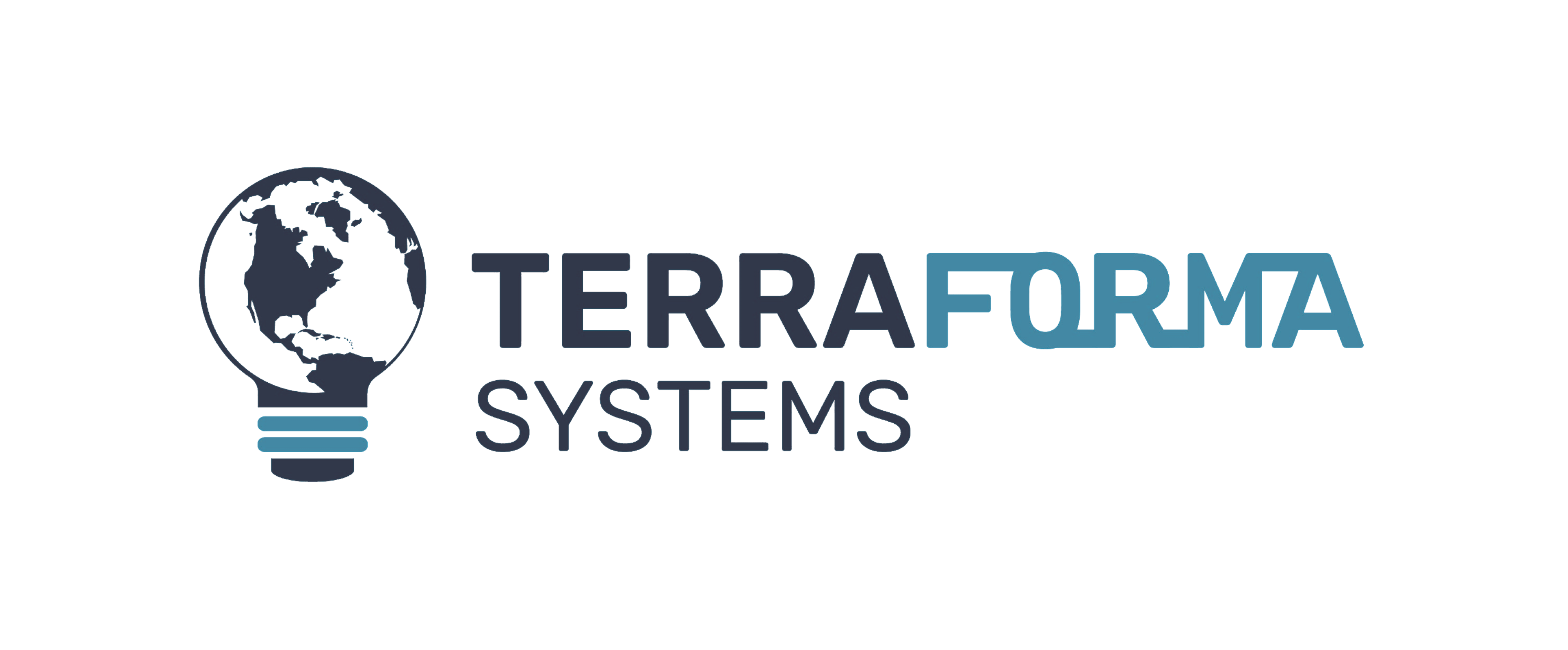
A Guide to Compostable Waste: Acceptable and Unacceptable Material For Effective Waste Management
Jul 26, 2024
2 min read
Effective food waste management is essential for sustainability. By understanding what can and cannot be composted, businesses can ensure their commercial T-REX Composters operate efficiently and safely. Here’s a concise guide to acceptable and unacceptable materials for composting.

Acceptable Waste
All Organic Food (Cooked or Raw): All food scraps, including fruit peels, vegetable scraps, and leftovers, are ideal for composting.
Compostable Tableware: Items made from bagasse (sugarcane fiber), such as plates and bowls, naturally break down in compost.
Eggshells: Eggshells contribute valuable calcium to compost.
Small Bones: Small bones, such as those from chicken or fish, can be composted and add essential minerals.
Specific Paper Products: Many paper products are compostable if they are not plastic-coated. These include:
Chopsticks: Wood chopsticks, which decompose naturally.
Coffee Cup Sleeves and Trays: Cardboard items are compostable.
Napkins and Paper Towels: Unbleached versions can be composted.
Paper Straws: These decompose naturally.
Paper Takeout Bags and Tray Liners: Compostable if not plastic-lined.
Wooden Takeout Cutlery: Biodegradable and compostable.
Unacceptable Waste
Chemicals: Toxic substances can harm the composting process and damage machinery.
Coffee Cups: Most have a plastic lining that does not decompose properly, and can contaminate the compost.
Cooking Oil or Frying Fat: Can coat machinery, causing malfunctions and disrupting the composting process.
Course Woody Debris: Large branches or wood pieces can jam and damage the composters.
Glass: Non-biodegradable and can damage composters.
Large Bones & Shellfish: These take too long to decompose and can wear out machinery.
Metal: Non-organic and can cause severe damage to composters.
Plants or Roots: These can entangle around the machine's pedals and damage the machinery.
Plastic (Bags & Cutlery): Non-biodegradable and can contaminate the compost, in addition to not decomposing.
Pure Liquids: Disrupt moisture balance and can cause corrosion in machinery.
Toxic Substances: Harmful to both the composting process and equipment.

Efficient Food Waste Management
With the T-REX Composters relies on understanding acceptable materials. These commercial composters can process material by up to 80% in just 24 hours, making it crucial to avoid contaminants that could hinder this rapid composting process. By following these guidelines, businesses can ensure streamlined, safe, and sustainable food waste solutions. Being mindful of compostable materials and avoiding harmful contaminants will lead to richer, healthier soil amendment and a more sustainable future.






